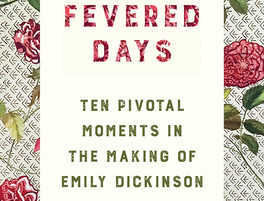
Those Wilder Nights
THESE FEVERED DAYS Ten Pivotal Moments in the Making of Emily Dickinson by Martha Ackmann Norton. 278 pages, $26.95 IN THESE FEVERED DAYS, Martha Ackmann has hit…More

THESE FEVERED DAYS Ten Pivotal Moments in the Making of Emily Dickinson by Martha Ackmann Norton. 278 pages, $26.95 IN THESE FEVERED DAYS, Martha Ackmann has hit…More
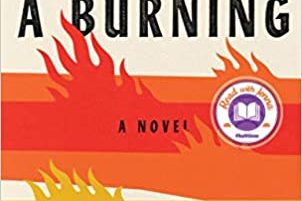
In clear, easy prose, and with an engaging plot, A Burning dramatizes the many injustices suffered by so many Indian people who are too poor to afford reputable doctors, attorneys, or agents, and the connections and moral compromises needed to get ahead. In depicting the inequalities in Indian society, the book resembles Arundhati Roy’s novels, but also depicts the power of social media for good and ill.
More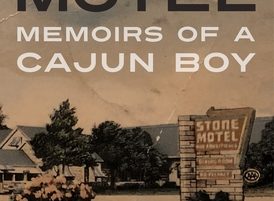
The Stone Motel was built in Eunice, Louisiana, in the late 1940s. The name came from its façade of artificial stone. Zanny Ardoin, Morris’ father, purchased the motel in 1967. The father and the motel dominate this book.
More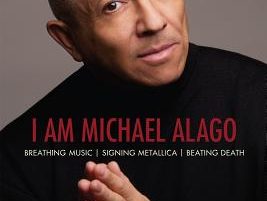
DO YOU HAVE a friend who regales you with stories about their celebrity encounters, sexual shenanigans, and intoxicated misadventures? A lot of gay people do, but if you don’t, I’d suggest reading Michael Alago’s new memoir. Heck, read it even if you do have that friend. The stories Alago tells will be probably be wilder, weirder, and more entertaining than anyone else’s.
More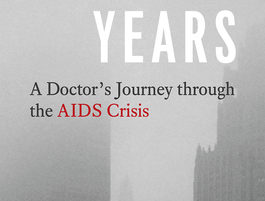
Many more years went by before Art showed up at the hospital. Slotten’s account of what happened next makes for a tense reading experience. Indeed the entire story of his love for a man who broke his heart sets us up for many pages of suspense. This story is woven in with memories of his young adulthood and middle years spent medically caring for AIDS patients, particularly gay men.
More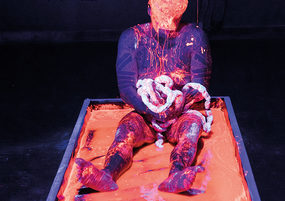
Ron Athey, a beautifully illustrated catalogue raisonné in which his extensive œuvre is analyzed, comparing him to Jean Genet, Antonin Artaud, and Yukio Mishima. His papers have now been acquired by the Getty Museum, and a new catalogue, Queer Communion: Ron Athey, draws from these archives and includes his art, ephemera, performance notes, scripts, sketches, and both published and unpublished writings.
More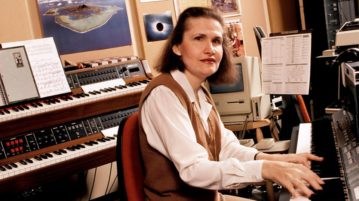
Carlos (born in 1939) was an innovator from the start. She began piano lessons at the age of six, but because the family had no money, her father drew a keyboard on a piece of paper for her to practice. At the age of fourteen, Carlos won a Westinghouse Science competition by creating her own computer. Intrigued early on by tape composers like Pierre Henry, she started experimenting on her own. She also became fascinated with the tunings for various keys and, after the family was finally able to purchase an instrument, would often retune it in experimental intervals of her own.
More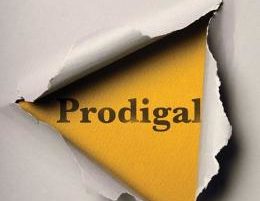
I wasn’t very far into the novel when I was reminded of Philip Larkin’s most famous poem “This Be the Verse,” which opens: “They fuck you up your mum and dad./ They don’t mean to but they do./ They fill you up with the faults they had/ And add some extra, just for you.” Prodigal is a brilliant 390-page expansion of Larkin’s 12-line lyric.
More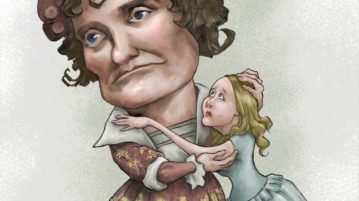
In Lady Romeo, Tana Wojczuk seamlessly sets the scene of Cushman’s life against the historical currents of her times. Cushman’s main asset was her remarkable voice, and she determined to use it to lift her family out of poverty. Taller than most men of her time, she had a “lantern jaw” and moved like a “pythoness.” From her first performance as Lady Macbeth, her talent quickly made her the cash cow of New York’s Bowery Theater.
More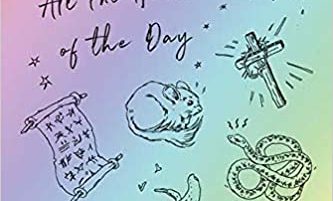
Short reviews of The Orange Spong; Let Them Eat Cake; and Moonflower, Nightshade, All the Hours of the Day.
More